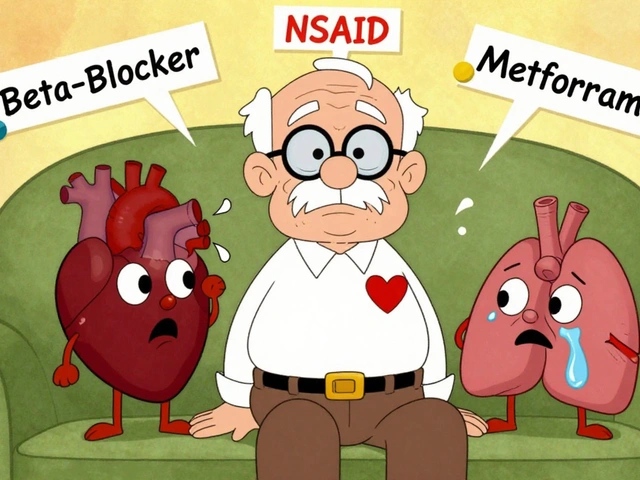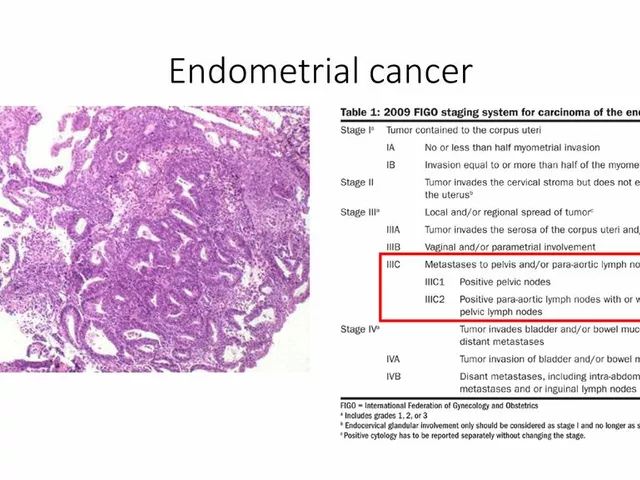Methimazole allergy: how to spot it and what to do right away
Got a rash, swelling, or trouble breathing after starting methimazole? That could be an allergic reaction. Methimazole treats hyperthyroidism but a small number of people develop allergic reactions ranging from mild rashes to life‑threatening anaphylaxis. This page tells you how to recognize different reactions, what to do immediately, and which treatment options your doctor may suggest next.
How a methimazole allergy looks
Mild reactions: itchy red spots or hives (urticaria) that appear anywhere on the body, often within days to a few weeks of starting the drug. These are uncomfortable but usually not deadly.
Moderate reactions: larger areas of swelling, persistent rash, or pretty bad itching. If you notice facial swelling or tightness in the throat, treat this as more serious.
Severe reactions: difficulty breathing, wheeze, fainting, or sudden low blood pressure. These signs point to anaphylaxis and need emergency care now.
Note: some methimazole side effects are not classic allergy — for example, agranulocytosis (very low white cells) causes fever and sore throat rather than a rash. If you get a fever or sore throat while on methimazole, call your doctor right away for blood tests.
What to do if you suspect an allergy
If symptoms are mild (small rash, little itching): stop the medication and contact your prescriber. They may suggest antihistamines and monitor you. Do not restart the drug until a clinician clears it.
If you have facial swelling, throat tightness, breathing trouble, dizziness, or collapse: call emergency services or go to the nearest ER immediately. These are signs of a severe allergic reaction.
Tell your doctor if you’ve taken carbimazole before — carbimazole converts to methimazole in the body, so allergy to one usually means allergy to the other. Propylthiouracil (PTU) is a different antithyroid drug, but cross‑reactions can happen. Your specialist will weigh risks before switching drugs.
Options your endocrinologist may discuss:
- Switching to PTU — useful short term or in pregnancy's first trimester, but PTU has liver risks and needs close monitoring.
- Non‑drug treatments: radioactive iodine (RAI) to ablate the thyroid or thyroid surgery. These avoid antithyroid drug allergies entirely but have their own pros and cons.
- Allergy specialist referral for testing or desensitization — rarely used, and only in centers experienced with antithyroid drug desensitization.
Practical tips: wear a medical alert if you had a severe drug allergy, keep a copy of records showing the reaction, and always tell new providers about the methimazole reaction. If you’re weighing alternatives, ask about monitoring plans (blood counts, liver tests) and clear timelines for each option.
If you’re unsure what you’re experiencing, call your prescriber — quick action can prevent complications and get you safe treatment fast.





